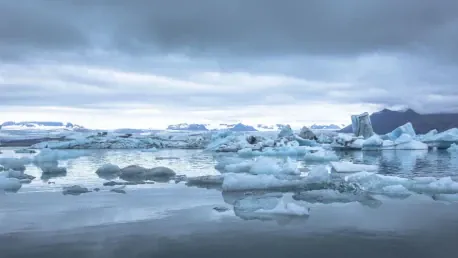Norway’s unexpected move to postpone its deep-sea mining initiatives in the Arctic Ocean has sparked widespread interest and debate among environmentalists and policymakers. This pivotal decision emerged after the minority coalition government, particularly influenced by the Socialist Left Party, insisted on halting the proposed early 2024 licensing round for mineral activities. Their resolve to protect the Arctic’s fragile ecosystem reveals a growing concern over the long-term ecological impacts of industrial mining activities in such sensitive marine areas. Consequently, Norway’s stance echoes a broader global trend advocating for the prioritization of environmental preservation over immediate economic gains derived from resource extraction.
The significance of Norway’s decision extends beyond its borders, aligning the nation with international efforts aimed at safeguarding oceanic ecosystems from potentially harmful industrial ventures. By postponing the mining plans, Norway is responding to increasing calls for responsible stewardship and more sustainable practices. This move also highlights the rising influence of environmentalist voices within political discourse, emphasizing the essential role they play in shaping policies that directly affect natural habitats. The decision is not only a testament to the urgency of protecting the unique and vulnerable Arctic environment but also a reflection of the growing consensus on the critical need for long-term ecological preservation.
This policy shift is a clear indication that environmental concerns are gaining more traction and importance over traditional industrial pursuits. The narrative surrounding Norway’s choice underscores the gravity of protecting the Arctic’s pristine ecosystem, which is home to many unique marine species and critical to the global ecological balance. As countries worldwide face mounting pressure to adopt sustainable practices, Norway’s delay in deep-sea mining sets a precedent for other nations to reassess their environmental strategies and prioritize conservation over exploitation. Future actions will hopefully build on this foundation, promoting responsible management of the Earth’s oceanic resources for generations to come.









